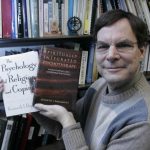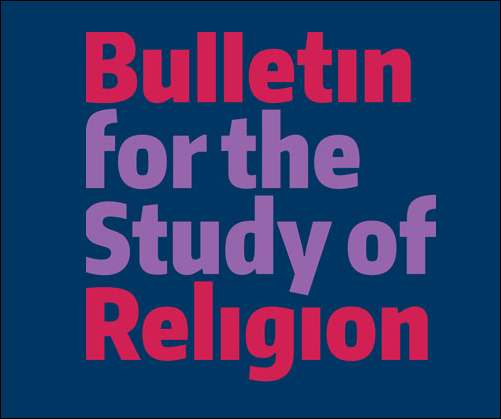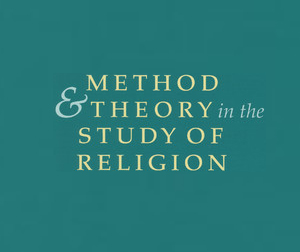Who are the most important living scholars studying religion today? The responses will vary widely, depending on how we measure influence or impact on the field. One useful metric is the amount of publications. The new question then becomes “who are the most prolific authors in the scientific study of religion?” The answer may surprise you.
Over the past decade, researchers at CMAC have been building a database of publications in the Scientific Study of Religion and Spirituality, Medicine, and Health as part of our Field Mapping Project. The size of the database matches the lively and growing research within these fields, with close to 40,000 authors and over 20,000 publications entered.
Other data collected includes the institutional homes of the authors and the funding sources for their research, which will be the subject of future reports here at mindandculture.org. For now, let’s look at who some of the biggest names are in the scientific study of religion when we focus on sheer number of publications.
 Harold Koenig (235 Publications)
Harold Koenig (235 Publications)
Harold Koenig is a psychiatrist and co-director of the Center for Spirituality, Theology, and Health at Duke University. He is well known to many in the field of religion and medicine due to his enormous amount of publications and frequent media appearances. Koenig has frequently argued that religion and spirituality should be considered key dimensions of health, and that his research supports the hypothesis that religious individuals have better health outcomes across a wide variety of factors.
Leslie J. Francis (167 publications)
Leslie J. Francis is a Professor of Religions and Education at the University of Warwick. His research can best be described as Psychology of Religion or, at times, Spirituality and Health. It primarily focuses on the attitudes of people towards religion (particularly young people) and the relationship between different aspects of personality and religious education. For example, he has designed surveys to test the hypothesis that women are more religious than men by measuring differences in personality alongside gender orientation (read it here).
Kenneth Pargament (142 publications)
Kenneth Pargament is a Professor of Psychology at Bowling Green State University whose research lies at the intersection of Psychology of Religion and Spirituality and Health. In the past, he has focused on the concept of “religious coping,” or the different ways individuals mobilize their religious beliefs or values in order to cope with stressful situations.
Neal Krause (115 Publications)
Neal Krause is a Professor of Health Behavior at the School of Public Health at the University of Michigan. Similar to Kenneth Pargament, his research has focused on the concept of “religious coping,” and the relationship between religion and stress. His most highly cited article discusses the importance of religious “meaning” for positive mental health outcomes and well-being among older adults (read it here).
Christopher Ellison (93 Publications)
Christopher Ellison is a Professor of Sociology at the University of Texas in San Antonio. He investigates the intersection of physical and mental health, religion and spirituality, and demographic factors.
Notice anything? That’s right, the five most published authors in this field have focused their research on the topic of religion and health. Moreover, most of them seem to view “religion” as an overall positive factor for mental and physical health outcomes. Of course, one explanation for this might be that quantitative and clinical science provide more opportunities for publishing journal articles than other, more qualitative fields. Nevertheless, it is striking that the demand for religion and health material appears to be higher than that of other subfields in the scientific study of religion.
There are several lessons here. The first is that “the study of religion” should be conceptualized broadly to accurately capture the full cornucopia of research. The second is that there may be something about the way “religion” or “spirituality” is understood in clinical research that makes them accessible and interesting to a large scholarly and public audience. It is hard sometimes to tell whether this is a strength or a weakness, as definitions of religion in these fields are often based on conventional Christian and Western understandings of religion, and they are mostly disconnected from the complex theoretical debates over defining religion in the humanities and the social sciences.
Mapping the scientific study of religion enables us to go beyond our preconceptions of who and what defines the field. Based on publication numbers alone, religion and medicine looks like the biggest slice of the pie. At CMAC, we are continuing to explore the dimensions of this craggy landscape of scholarship and research to discover the context behind these numbers.
For any inquiries or comments, please email admin@mindandculture.org.




